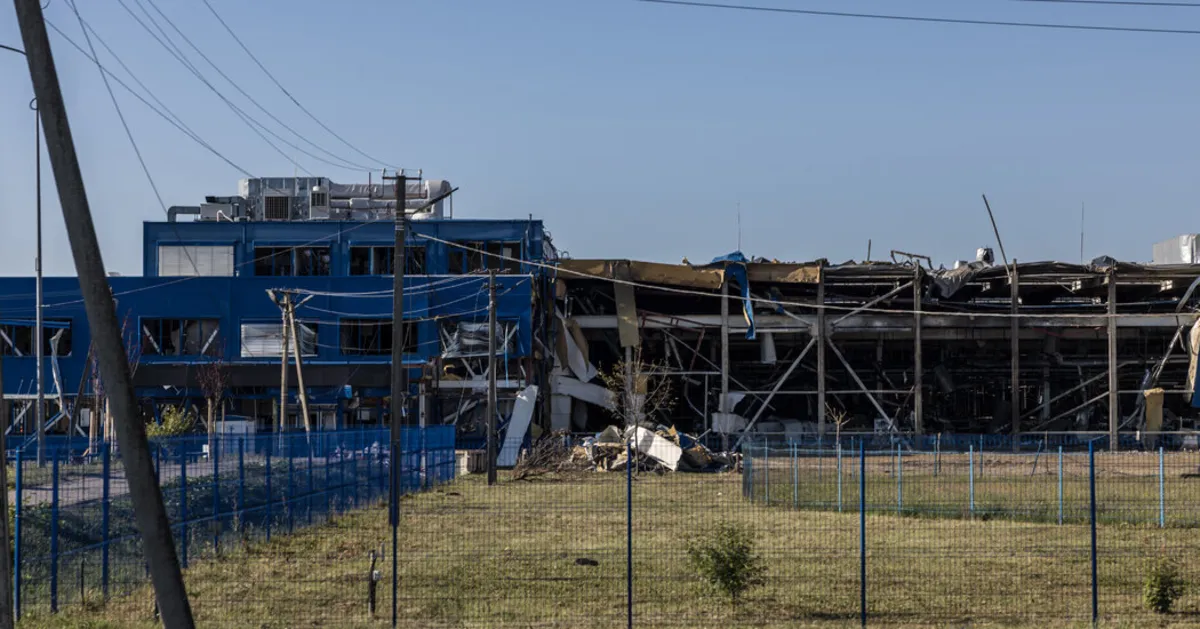
The recent missile strikes in Mukachevo, a western Ukrainian city that has largely been spared from the ongoing war, have sent shockwaves through the community. This city, distant from the front lines and without a curfew, experienced an unexpected turn of events when cruise missiles targeted a factory owned by a well-known American multinational company, famous for its coffee machines. The timing of this attack was particularly alarming, occurring just six days after President Trump’s meeting with Russian President Vladimir Putin in Alaska, where discussions centered on the prospect of ending the war in Ukraine.
Andriy Baloha, the mayor of Mukachevo, was taken aback by the precision of the missile attacks. Initially mistaking the sound for thunder, he quickly grasped the gravity of the situation. “Two hits in one location?” he pondered. “No, they didn’t mess up. They knew exactly where they were hitting.” This statement underscores the deliberate nature of the strike, indicating a calculated decision by the attackers.
Just a week following the Mukachevo strikes, two missiles targeted central Kyiv, causing significant damage to buildings housing the European Union offices and the British Council, a prominent cultural organization. Historically, Russia has been cautious about striking this area, which is home to many foreign diplomatic missions. The sudden shift in strategy raised alarms among international observers.
Ursula von der Leyen, the president of the European Commission, accused Moscow of intentionally targeting European Union assets, further escalating tensions. Analysts and government officials interpreted these strikes as a clear message from President Putin: he feels emboldened to disregard international pressure for peace and is willing to escalate the conflict, even at the cost of inflicting pain on Western nations.
In the backdrop of these events, President Trump has been advocating for direct peace talks between Putin and Ukrainian President Volodymyr Zelensky. Meanwhile, European leaders are actively discussing potential security guarantees for Ukraine to deter future Russian invasions after the war concludes. However, the Kremlin has dismissed any negotiations as premature and has deemed Western security guarantees unacceptable.
As the situation in Ukraine continues to evolve, the recent missile strikes in Mukachevo and Kyiv highlight the increasing volatility of the conflict. With international relations at a critical juncture, the world watches closely as Ukraine navigates these formidable challenges.